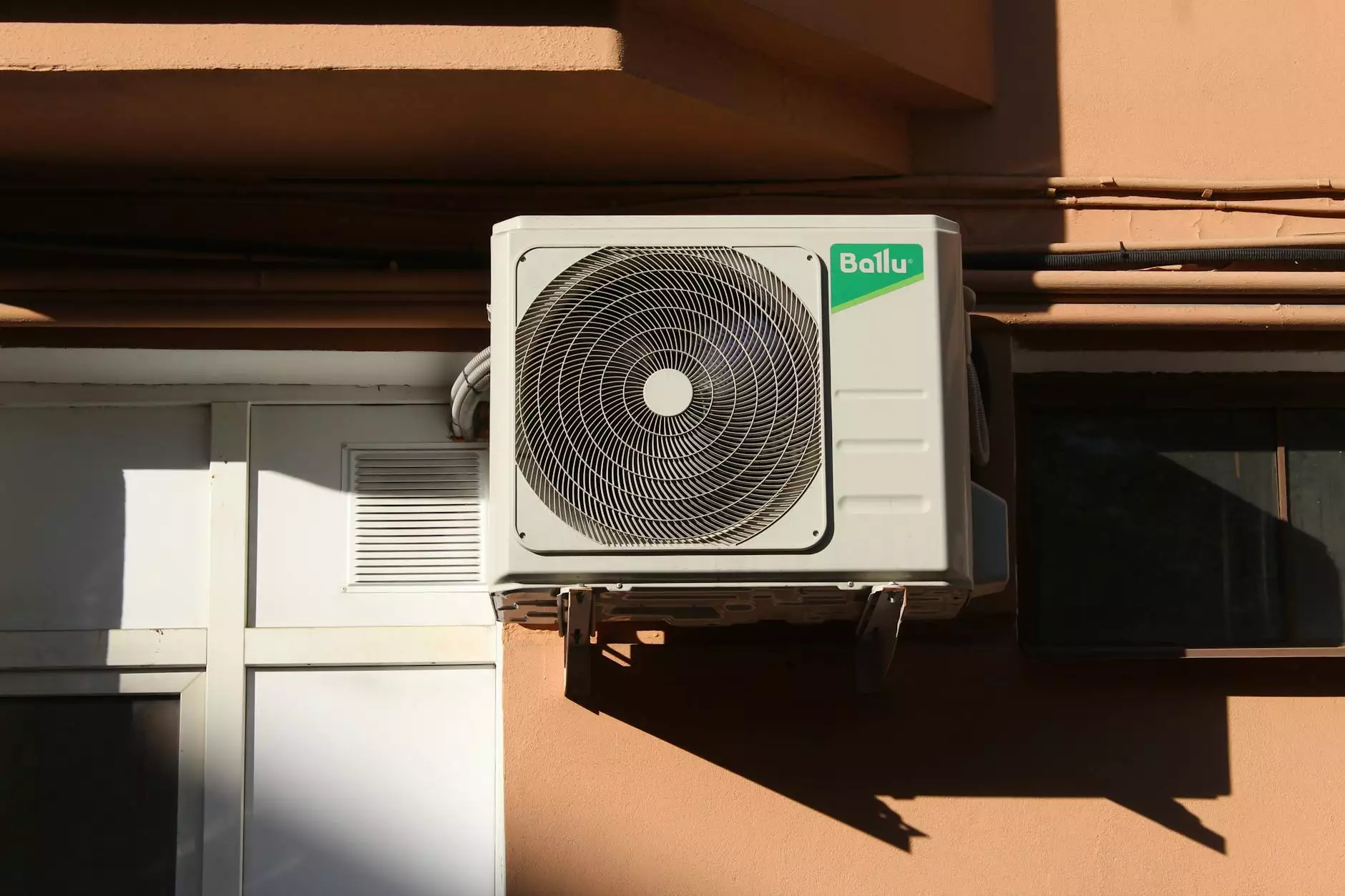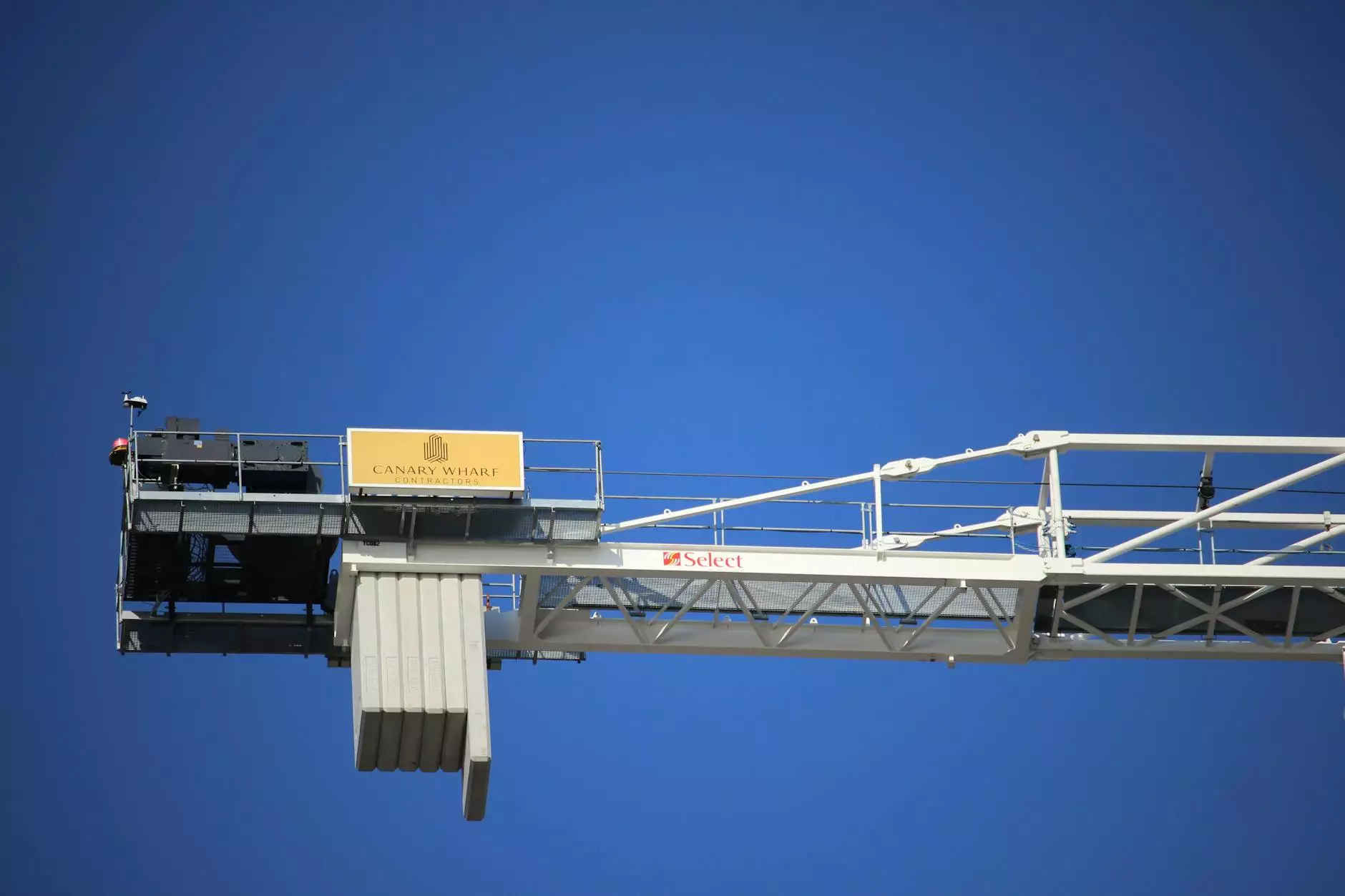Sleeve Gastrectomy: A Comprehensive Guide to Weight Loss Surgery

Sleeve gastrectomy, also known as gastric sleeve surgery, has transformed the landscape of weight loss solutions in recent years. As obesity rates continue to rise globally, many individuals are seeking effective and lasting solutions to achieve a healthier weight. At Antalya Health, we pride ourselves on providing top-notch medical services, including this innovative weight loss surgery. In this article, we will delve deep into the intricacies of sleeve gastrectomy, discussing its benefits, the procedure, recovery, and much more.
What is Sleeve Gastrectomy?
Sleeve gastrectomy is a minimally invasive surgical procedure that involves the removal of a significant portion of the stomach, leaving behind a tubular or "sleeve" shaped stomach. This reduction in stomach size limits food intake and significantly alters the body's hormonal response to hunger and metabolism, making it an effective tool for weight loss.
How Does Sleeve Gastrectomy Work?
The fundamental principle behind the effectiveness of sleeve gastrectomy lies in its dual action:
- Restriction: By reducing the stomach's capacity, patients feel fuller after consuming smaller portions of food.
- Hormonal Changes: The surgery impacts hormone levels, including a reduction in ghrelin, often referred to as the 'hunger hormone'. This alteration helps diminish the feeling of hunger and cravings.
Benefits of Sleeve Gastrectomy
Choosing sleeve gastrectomy comes with numerous benefits that extend beyond just weight loss:
- Significant Weight Loss: Most patients lose 50-70% of their excess weight within 12-18 months post-surgery.
- Improved Quality of Life: Achieving a healthy weight can lead to enhanced physical mobility, increased energy levels, and a better overall quality of life.
- Reduction in Obesity-Related Conditions: Patients often experience improvements in obesity-related health issues, including type 2 diabetes, hypertension, and sleep apnea.
- Minimally Invasive Procedure: Sleeve gastrectomy is performed laparoscopically, which means smaller incisions, less pain, and a quicker recovery time compared to traditional surgeries.
Is Sleeve Gastrectomy Right for You?
Not everyone is a candidate for sleeve gastrectomy. Generally, candidates should meet the following criteria:
- Adults aged 18-65 with a Body Mass Index (BMI) of 30 or higher, or a BMI of 35 or higher with obesity-related health issues.
- Individuals who have not had success with other weight loss methods, including diet and exercise.
- A commitment to lifestyle changes and ongoing medical supervision post-surgery.
The Sleeve Gastrectomy Procedure
Pre-Operative Assessment
Before undergoing sleeve gastrectomy, patients will undergo a comprehensive pre-operative assessment. This usually includes:
- A thorough medical evaluation to determine overall health and suitability for surgery.
- Preoperative dietary counseling to prepare the body for surgery.
- Psychological evaluation to ensure the patient is mentally prepared for the changes ahead.
The Day of Surgery
Sleeve gastrectomy is typically performed under general anesthesia and generally lasts about one to two hours. The steps include:
- Administering anesthesia and ensuring the patient is stable.
- Making several small incisions in the abdomen.
- Inserting a laparoscope (a thin tube with a camera) and surgical instruments.
- Resecting approximately 80% of the stomach to create the sleeve.
- Closing the incisions with sutures or staples.
Recovery After Sleeve Gastrectomy
Recovery from sleeve gastrectomy generally takes a few weeks, and patients can expect the following:
- Hospital Stay: Most patients stay in the hospital for 1 to 2 days post-surgery for monitoring.
- Dietary Changes: Initially, patients will follow a liquid diet, gradually progressing to softer foods and then solid foods in the weeks following surgery.
- Physical Activity: Light physical activities can typically resume within a week, while more strenuous activities should be postponed for about a month.
Long-Term Success and Lifestyle Changes
The key to achieving long-term success post-sleeve gastrectomy is fundamental lifestyle changes:
- Dietary Habits: Focus on high-protein foods, fruits, vegetables, and whole grains, while avoiding sugar-sweetened beverages and high-calorie snacks.
- Regular Exercise: Aim for at least 150 minutes of moderate-intensity exercise per week.
- Routine Medical Follow-ups: Ongoing support from healthcare professionals, including nutritional counseling and psychological support, can greatly aid in sustaining weight loss.
Conclusion
In summary, sleeve gastrectomy presents a robust solution for those struggling with obesity and related health complications. At Antalya Health, our expertise in performing sleeve gastrectomy, coupled with our comprehensive care program, ensures that patients receive not just a surgical solution, but a whole new lifestyle. With the right approach and commitment, patients can achieve their weight loss goals and embark on a journey to better health. If you’re considering this life-changing procedure, we invite you to contact us for a consultation and take the first step towards a healthier future.









